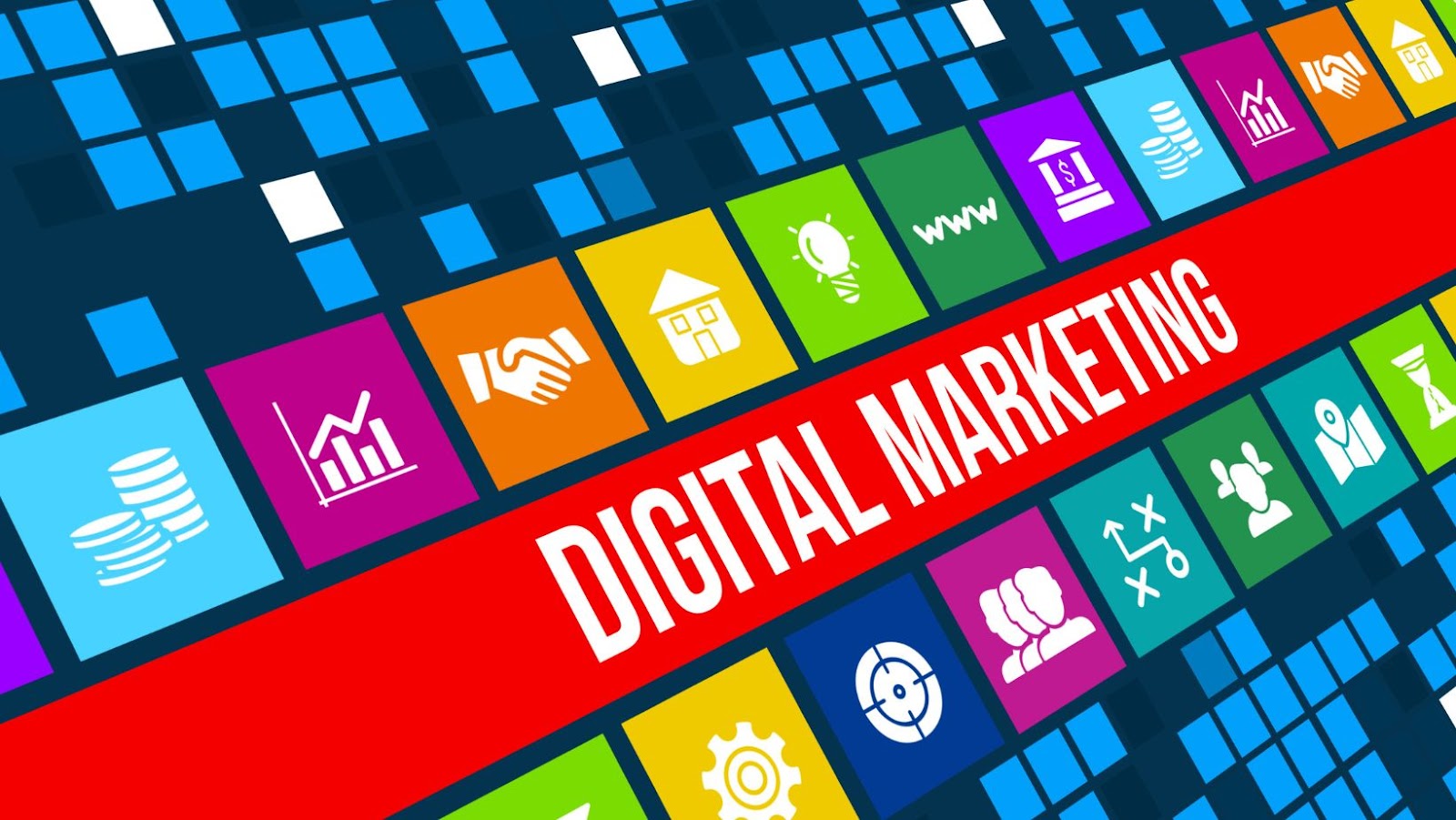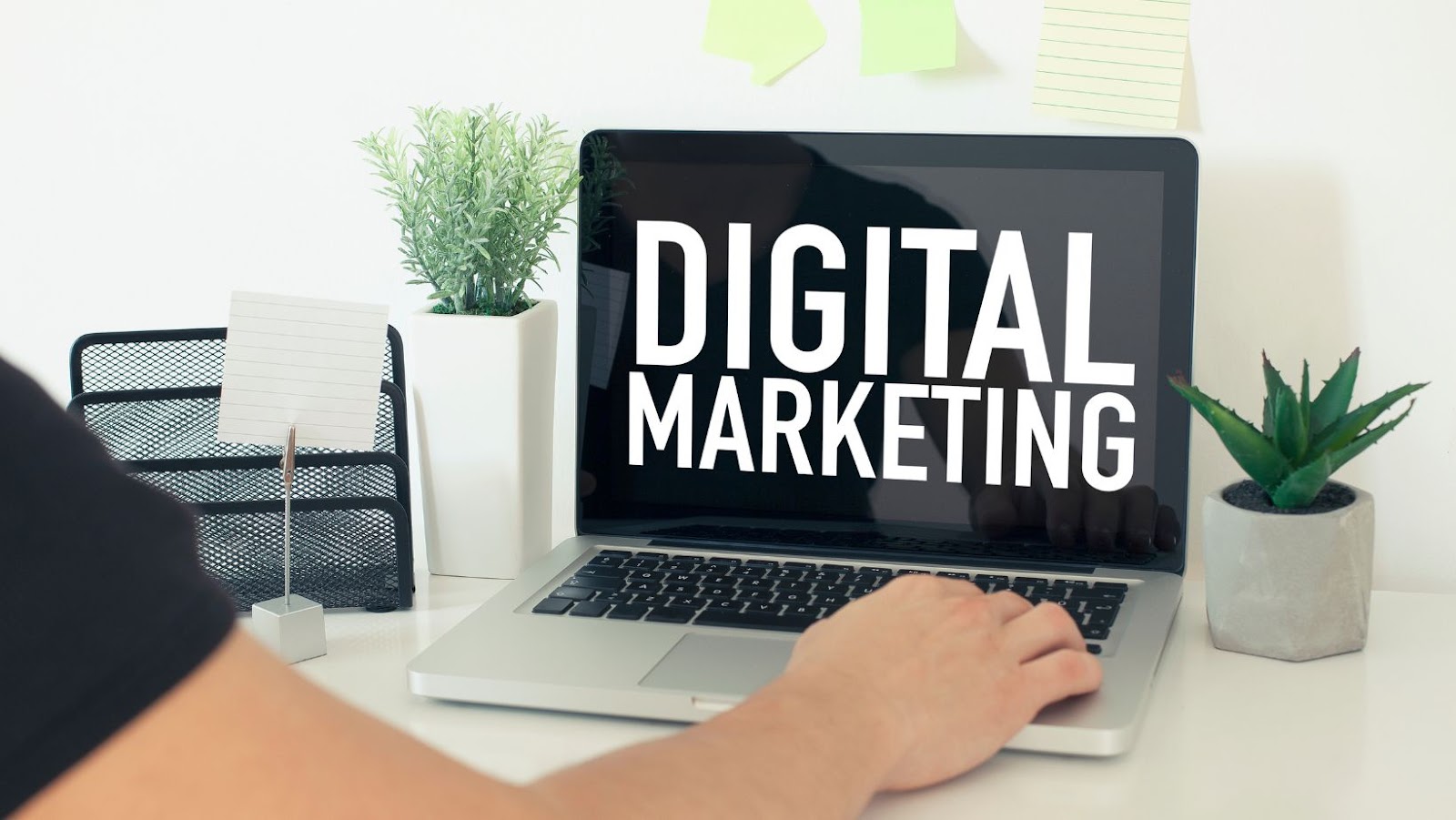 Digital Marketing for IT Companies
Digital Marketing for IT Companies
Primarily, digital marketing refers to the targeted, measurable, and interactive promotion of products or services using digital technologies. It’s not just limited to Internet marketing, but also includes mobile phones, display advertising, and any other digital medium. For instance, social media marketing, email advertising, and search engine optimization are part of digital marketing.
On the advanced tech landscape, some IT companies may question the necessity of digital marketing, considering their specialization. However, global IT companies’ relevance has spiked the role of digital marketing further. It helps IT firms reach out to their target audience, establish brand credibility, and generate leads. Furthermore, it provides a personalized experience to customers, promotes engagement, and boosts conversion rates.
 Emergence of Digital Marketing in IT Industry
Emergence of Digital Marketing in IT Industry
Transition from traditional marketing strategies to digital ones marks a crucial shift in the Information Technology industry. Insight into this transformation clarifies digital marketing’s integral role.
In the IT sector, paper ads, billboards, and TV commercials, once the mainstays of advertising, have become ancillary to digital marketing techniques. Digital’s rise began around the late 90s, coinciding with the burgeoning popularity of the internet. The accessibility to a much wider audience, coupled with the ability to deliver targeted, personalized content, have made digital marketing the preferred choice. An example demonstrating this shift includes the sharp decline from 2000 to 2020 in newspaper advertising spend, from about $60 billion to its slump below $15 billion.
Successful IT companies owe much of their success to digital marketing strategies that exploit new technology. Search Engine Optimization (SEO), for instance, allows companies to land on the front page of search results, gaining them considerable visibility. With over 5.6 billion Google searches daily, companies like Microsoft, Adobe and IBM prioritize SEO capability to enhance their reach. Another strategy is content marketing, which focuses on creating valuable and relevant content. For example, Cisco, through its blog, consistently provides thought leadership content, boosting its standing in the industry. Lastly, Social Media Marketing allows companies to reach audiences on platforms like Facebook, Twitter, LinkedIn, Instagram, to name a few. Platforms such as these have billions of users, presenting a vast potential customer base. Dell, utilizing Twitter’s potential, has made it a significant part of their marketing strategy.
 Understanding Different Digital Marketing for IT Companies
Understanding Different Digital Marketing for IT Companies
This section explores in more detail the digital marketing methods that IT companies can utilize. Each approach, whether it’s SEO, content marketing, social media, PPC, or email, offers unique advantages and can help companies remain competitive.
Search Engine Optimization (SEO) proves crucial for companies aiming to enhance online visibility. It involves optimizing a website with relevant keywords and high-quality content, encouraging higher placement in search engine results. For instance, Cisco strategically uses SEO by incorporating industry keywords into their website and blog content.
Content Marketing and Blogging are powerful tools for establishing thought leadership and nurturing relationships with potential customers. Through the creation of high-quality, value-driven blog posts, IT companies can showcase their knowledge and skills. Microsoft, for example, maintains a detailed blog, providing readers with insights into various tech subjects.
Social Media Marketing involves leveraging platforms like LinkedIn, Twitter, and Instagram to engage with audiences. These platforms provide opportunities for companies to showcase products, share insights, and respond to customer queries. Dell, for instance, uses social media to connect with customers, ensuring a high level of engagement with their product updates and tech news.
Pay-Per-Click (PPC) Advertising allows companies to display ads on search engines and pay only when a user clicks on them. It’s a cost-effective way to drive targeted traffic and generate leads. PPC campaigns focus on strategic keyword optimization to reach specific demographics.
Email Marketing involves sending direct messages to the target audience to inform them of new products, updates, or offers. It serves as a personalized way to maintain customer relationships and ensure brand loyalty. Companies employ strategically devised email campaigns to keep their audience informed and engaged. For example, an IT company might send out a monthly newsletter highlighting the latest tech trends.